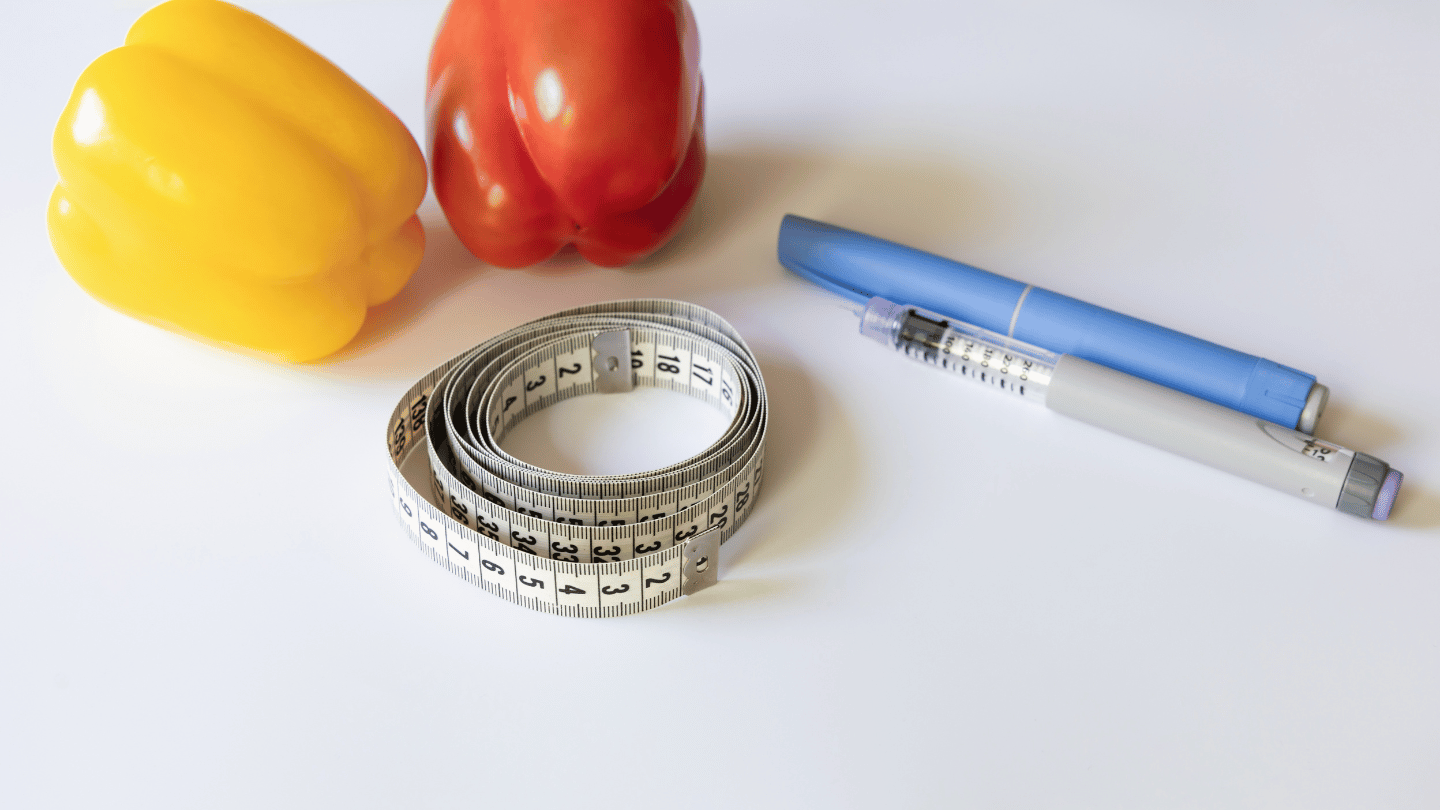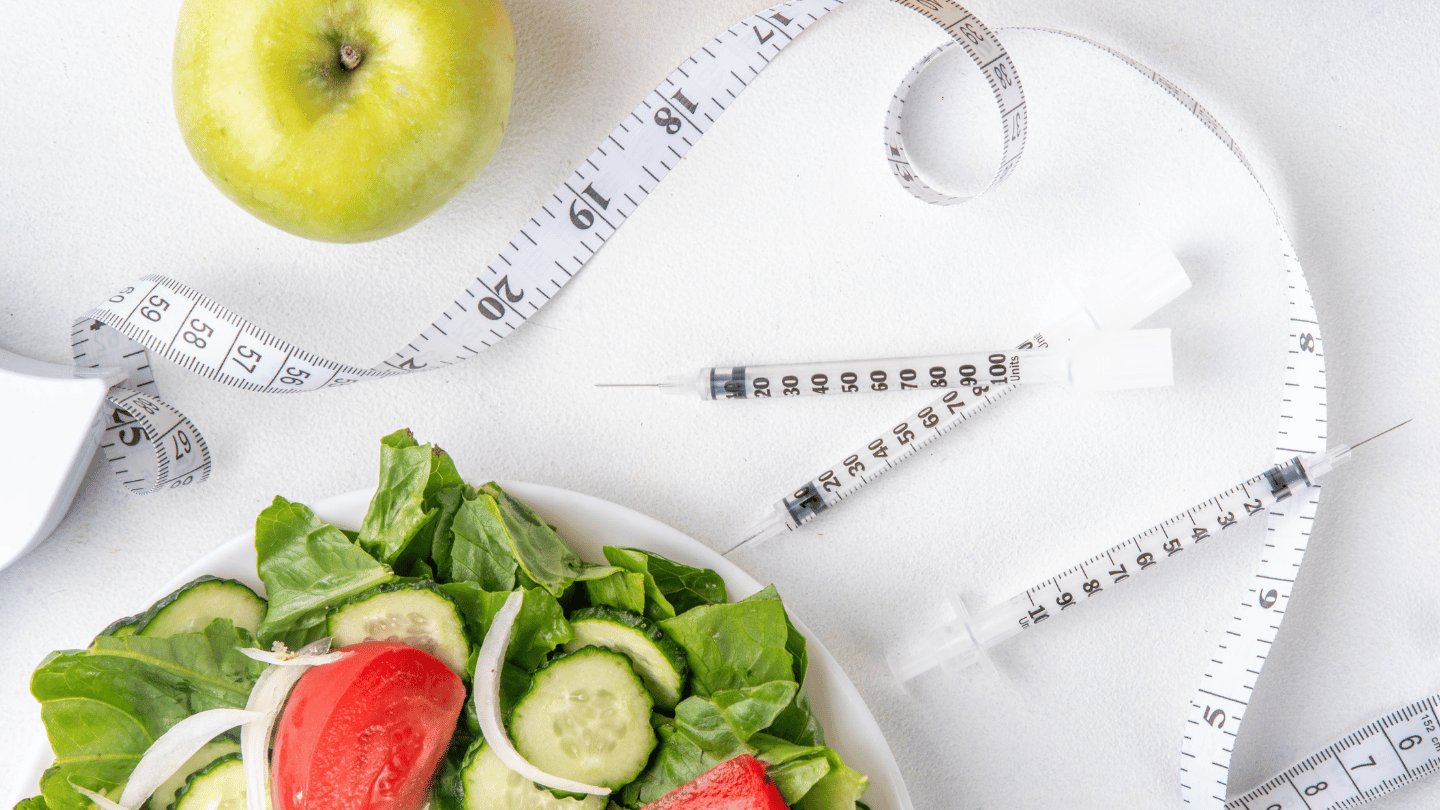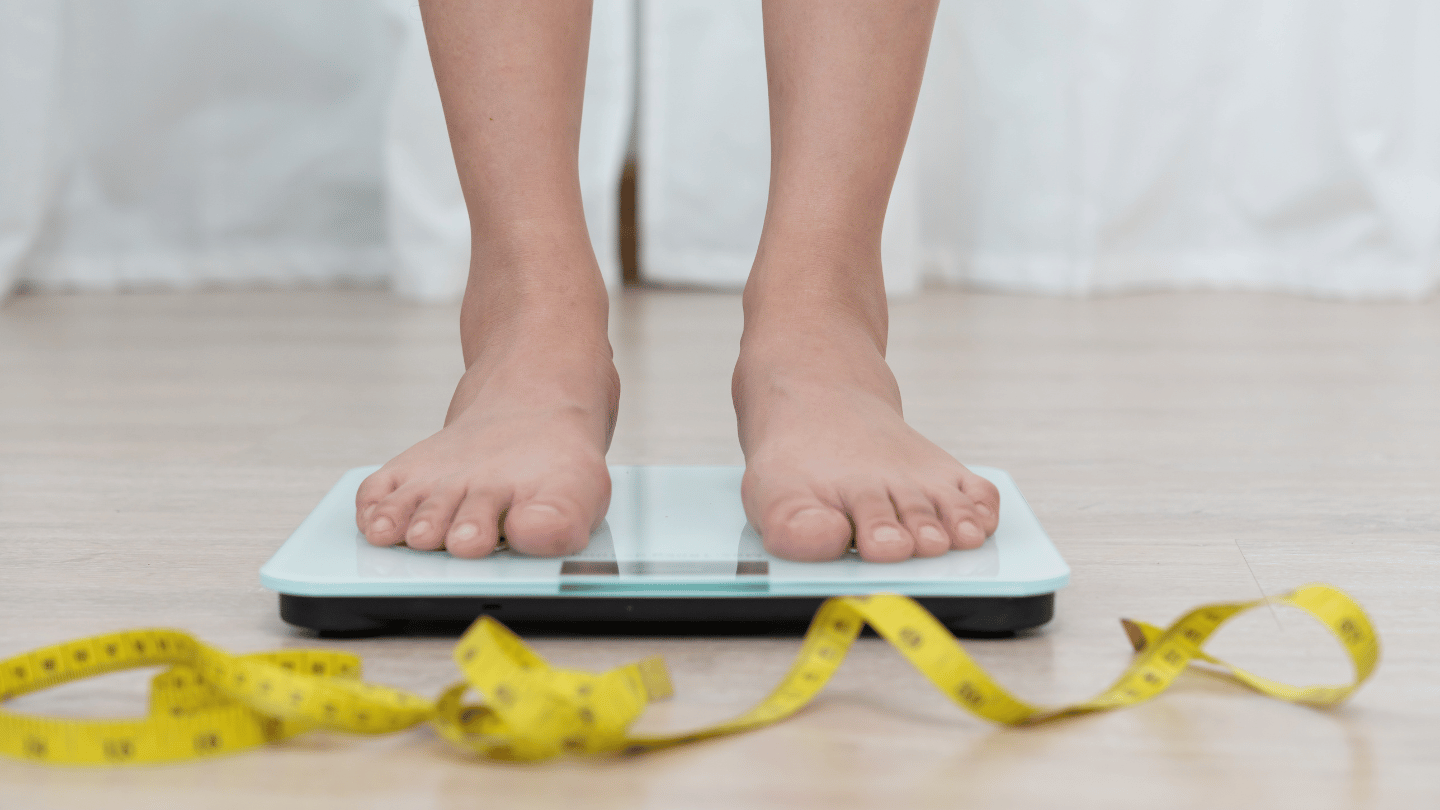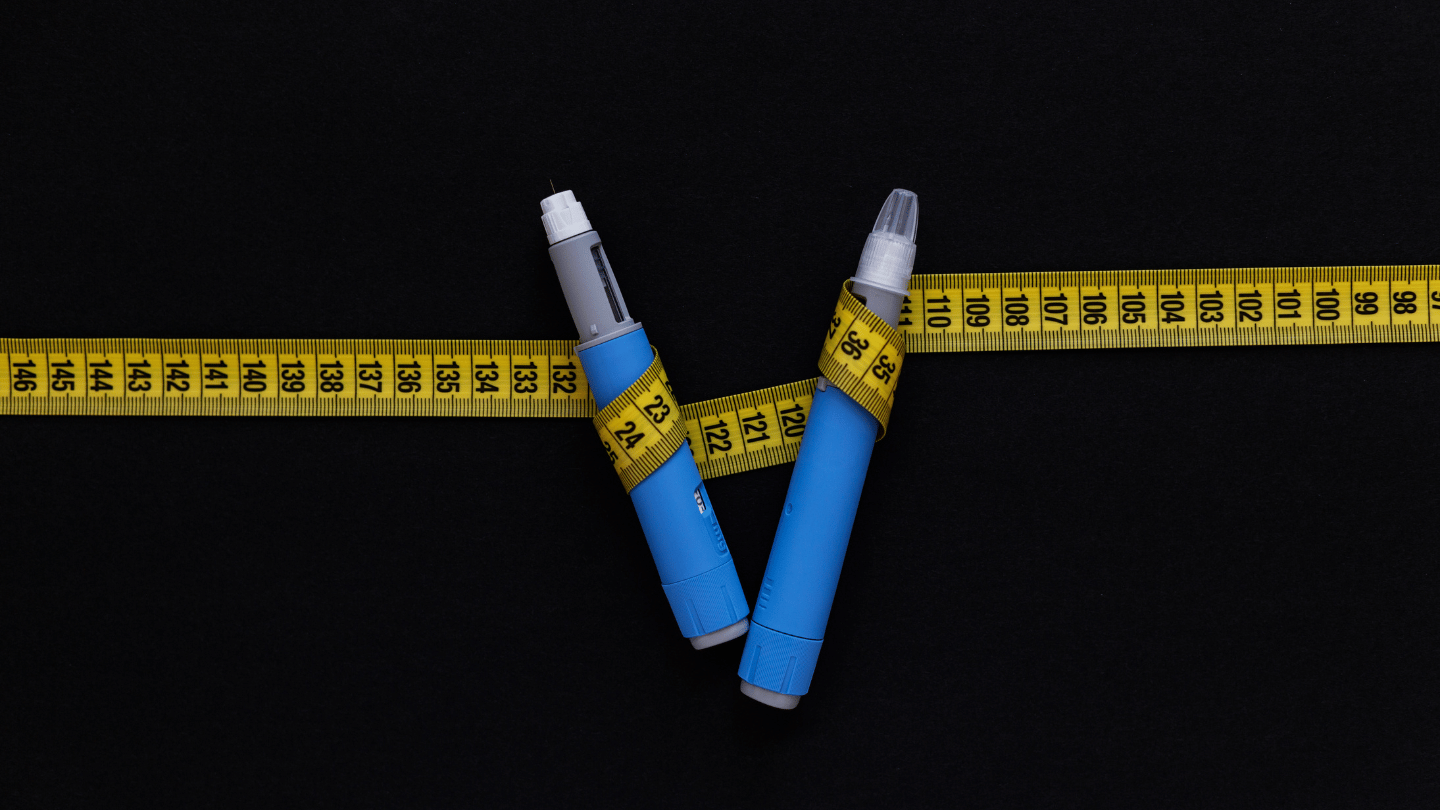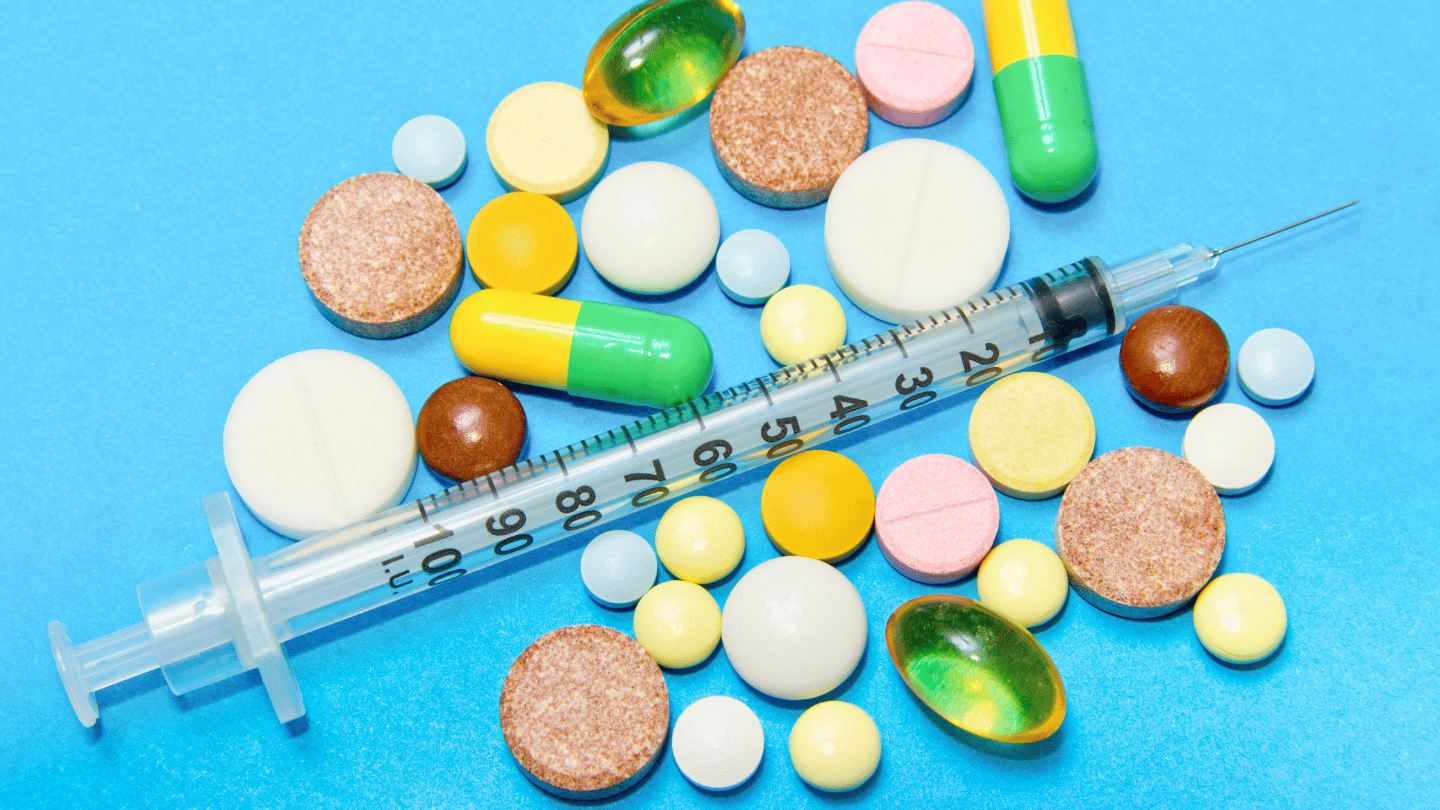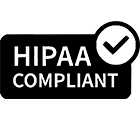The keto, or ketogenic, diet gets its name from ketones, or ketone bodies, which are produced when fat is burned for energy. The ketogenic diet is high in fat, which, when burned for energy, puts the body into a state of ketosis, meaning having a high level of ketone bodies. According to the Mayo Clinic, the keto diet was first developed in the 1920’s to treat children with seizure disorders, and is now used for weight loss and for extreme endurance sports such as triathlons and marathons.
Cheese with 4% fat and other full-fat dairy products, plain yogurt, low carbohydrate and fibrous veggies, oils, meats, eggs, and fish are the main foods allowed. High carbohydrate foods are severely limited, and water, coffee, and tea are the main beverages allowed.
To test the effectiveness of the keto diet, dieters can purchase ketone strips from most pharmacies. The strips test whether ketones bodies are found in the urine, to show whether the body is breaking down fats.
The keto diet should cause weight loss within a few weeks, but there are long-term health concerns, and therefore in generally the diet should not be continued for long, because its lack of fruits and vegetables is not healthy. This diet should be practiced with caution in patients with kidney disease because ketosis can worsen their condition. Halitosis (bad breath), nausea, vomiting, constipation, and insomnia are other side effects.
QuickMD can discuss the risks and benefits of a keto diet with you remotely by telemedicine as part of the weight-loss program.




